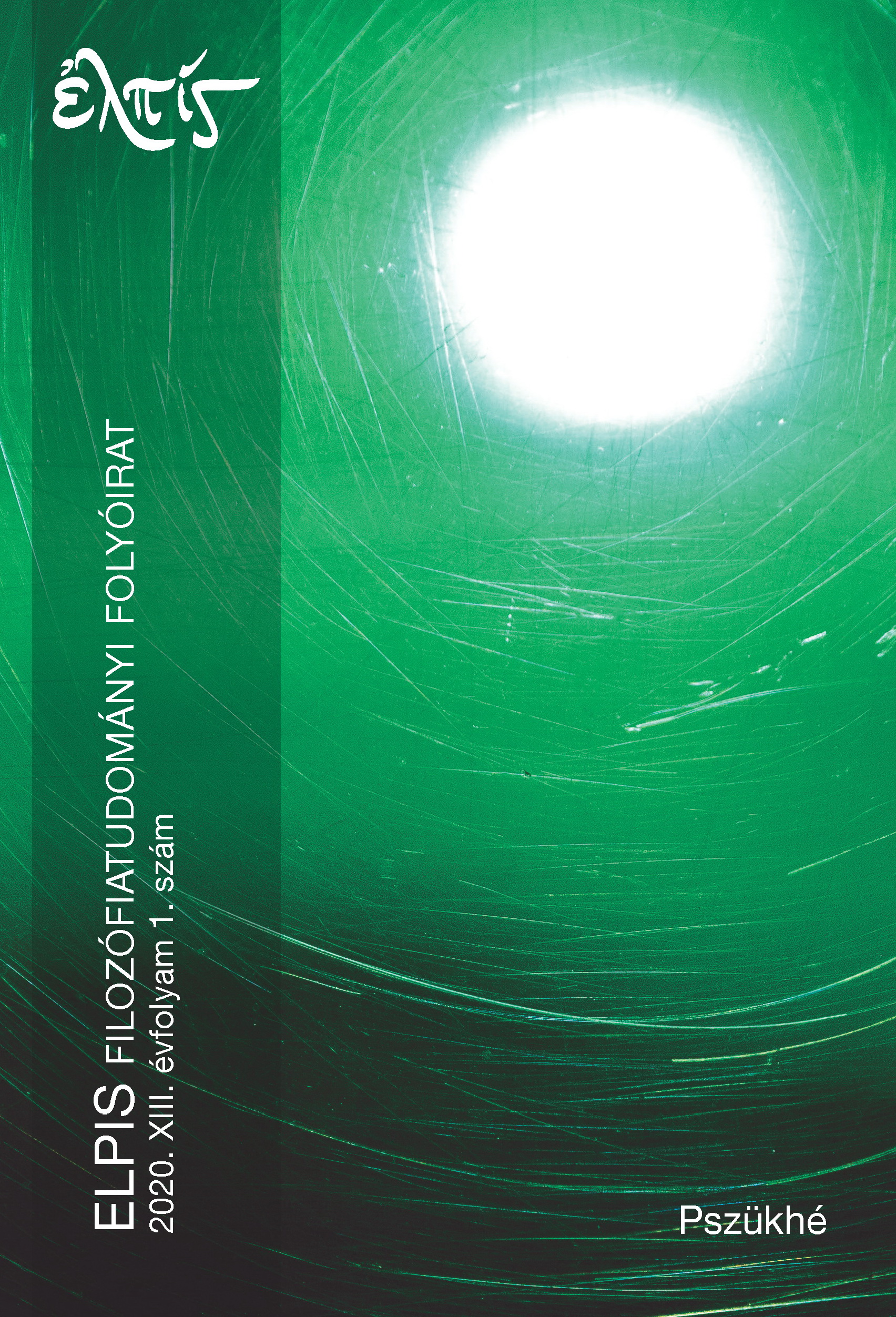The Outlines of Pyrrhonism in the Testimony of Aristocles
DOI:
https://doi.org/10.54310/Elpis.2020.1.5Keywords:
Pyrrhon, Aristocles, Pyrrhonism, Ancient ScepticismAbstract
The testimony of Aristocles (Eusebius, Praeparatio Evangelica XIV. 18.1–4) allows for two different and incompatible interpretations of Pyrrho’s philosophical stance. On the one hand, his claim for a happy life without opinions might result from his second-order endorsement of a thesis of metaphysical indeterminacy. On the other hand, it is possible to argue that he motivated suspension of judgement by pointing to the insufficiency of the human capacity for knowledge. In my paper, I give a brief overview of these two types of reading, their philosophical and textual merits, and their import for the question whether Pyrrho was a genuine forerunner of the later Pyrrhonist movement.




